A SET OF NATIONAL REFERENCE BOOKS OF THE MINISTRY OF EDUCATION AND TRAINING
Recently, at a meeting to provide comments on the Draft Amendments and Supplements to the 2019 Education Law, there were opinions that the Ministry of Education and Training should take the lead in compiling a set of textbooks for common use, other sets of books are only for reference. Many experts believe that if the Ministry of Education and Training compiles, its books must be equal to other sets of books.
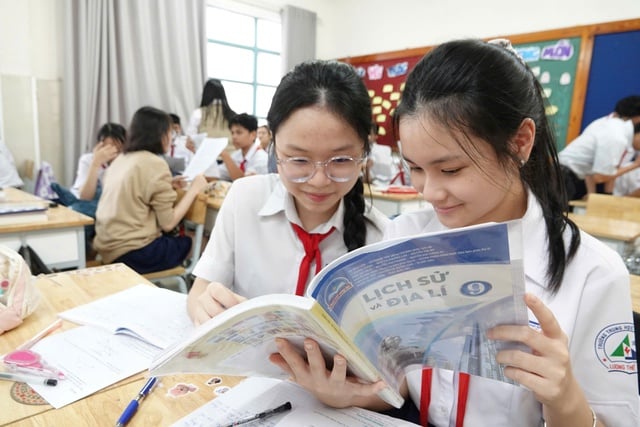
The policy of "one program - many textbooks" has been implemented over 5 years.
PHOTO: DAO NGOC THACH
The policy of "one program - many textbooks" in the 2018 General Education Program is a strategic decision of the Party and the State, expressed throughout Resolution No. 29-NQ/TW (2013) to Resolution No. 88/2014/QH13. Accordingly, the program has a legal nature, ensuring the consistency of content and requirements nationwide; while textbooks are only learning materials to implement the program.
After 5 years of implementation, the results show that teachers are trained on the program before choosing books, quite different from the old approach which relied on textbooks. Schools have the right to choose a set of books suitable to their conditions, students have access to rich knowledge, and publishers and authors compete on quality, ending a monopoly that has lasted for decades.
Of course, there are still difficulties, especially in remote areas, where some teachers have limited capacity and teaching conditions are lacking. But the reason is not because of many textbooks, but because of the lack of compiled books with enough details, clear pedagogical instructions, and rich illustrations to support teachers. The solution is completely feasible if the Ministry of Education and Training builds a set of national reference books that both serve as standards and include specific instructions and online learning materials, helping all teachers - especially in difficult areas - to implement. At the same time, it is necessary to train teachers so that they can confidently apply and be creative.
Previously, when the project to innovate the textbook program was approved by the National Assembly , the majority of opinions agreed on the role of the Ministry of Education and Training in preparing the program and organizing the compilation of textbooks.
The reasons for the Ministry of Education and Training to have its own textbooks at that time were:
Firstly, the Ministry of Education and Training has a basis for criticism and comparison with other textbooks, and a quality measure to evaluate other textbooks. The Ministry's textbooks are national standard books, considered the basis for schools and teachers to choose first. After that, depending on the characteristics of each school and each region, other textbooks are selected.
Second, there is a guarantee of consistency and standardization of knowledge. An official set of textbooks compiled by the Ministry of Education and Training can act as an "anchor" to ensure that the core knowledge of the program is implemented uniformly nationwide. Especially in the transition period, many teachers are not familiar with choosing textbooks from many sources, a standard set of textbooks will help them have a clear direction.
Third, it is easy to support students in disadvantaged areas. In many remote areas, the physical facilities and teaching staff are limited, and accessing many different sets of textbooks is difficult in terms of both funding and distribution. At that time, the Ministry of Education and Training can easily issue free or low-cost standard textbooks for these areas, ensuring equal rights to education.
Fourth, avoid the difference in quality and cost. Socialized textbooks may have different prices, with electronic learning materials and supplementary services, creating a gap between schools with conditions and schools with difficulties. A set of textbooks from the Ministry of Education and Training with a stable price will help limit this gap. In addition, there is a contingency plan for risks. In case some socialized textbooks have errors or are not suitable, the Ministry of Education and Training still has a "framework" to apply immediately, avoiding interruptions in teaching and learning.
International experience shows that the world does not choose extremes. UNESCO points out two approaches: consider textbooks as a fixed "compass", or consider them as a flexible source of learning materials for teachers to supplement. In practice, many countries combine both.
Textbooks a STATE EQUAL TO OTHER TEXTBOOKS
However, many opinions also say that if the Ministry of Education and Training participates in writing textbooks, there is a risk of monopoly and conflict of interest. The Ministry of Education and Training is both the agency issuing the program, evaluating and publishing textbooks, which will lead to "both playing football and blowing the whistle". This can cause unfairness with other publishers and make teachers hesitate to choose books outside the Ministry.
If there is an "official" set of textbooks from the Ministry of Education and Training, many schools may choose to follow a safe mentality, ignoring creative textbooks from the private sector. This reduces the innovation motivation of the textbook market, going against the spirit of socializing education.
Compiling, printing and distributing a set of textbooks on a national scale requires huge costs, while budget resources could be spent on teacher training or developing digital learning materials.
International experience shows that the world does not choose extremes. UNESCO points out two approaches: considering textbooks as a fixed "compass", or considering them as a flexible source of learning materials for teachers to supplement. In reality, many countries combine both.
South Korea compiles most primary school textbooks to ensure accuracy and pedagogical orientation. Singapore retains the right to publish subjects related to identity and citizenship such as mother tongue, national education, and ethics. China directly organizes the compilation of history, literature, and politics to preserve identity and orient the value system. The common point is that although there are many sets of textbooks, the books of the Ministry of Education (if any) are only an equal choice, subject to review and approval like other ministries. Schools and teachers have the right to choose suitable books. In fact, thanks to the prestige of the management agency, the Ministry's books are often used more in the early stages or in difficult areas, but there is no imposition.
Japan allows both commercial textbooks and textbooks compiled by the Ministry of Education, all of which are reviewed by the Review Board and selected equally. China has textbooks from both the People's Education Publishing House and local publishers, all of which are reviewed, but the People's Publishing House's textbooks are more widely used. In Europe, the Ministry of Education only issues the curriculum, leaving the publishers free to compile, and the concept of "Ministry's textbooks" does not exist at all.

Parents buy textbooks to prepare for the new school year for their children.
Photo: Dao Ngoc Thach
For Vietnam, the appropriate solution is for the State to publish a number of textbooks to ensure fairness, in accordance with Resolution 88. The State's textbooks should focus on specific subjects such as history, literature, civic education, economic and legal education, national defense and security; at the same time, compile cheap, easy-to-use books for disadvantaged areas, primary school level, as well as books for ethnic minority and disabled students, in accordance with the spirit of Resolution 29-NQ/TW.
On the other hand, the Ministry of Education and Training needs to invest in open learning materials. Instead of just printing paper textbooks, the Ministry should develop a free electronic learning materials system, helping students and teachers in all regions to access it synchronously. Priority should be given to providing free materials to students in disadvantaged areas, while other localities still have the option.
IMPROVING THE QUALITY OF TEXTBOOKS AND TEACHER TRAINING
The shift from a monopoly mechanism to a diversified and socialized textbook system certainly has its challenges, but the solution is to adjust for the better, not to go back. Modern education succeeds when it knows how to trust and empower teachers, respect students' differences, and maintain healthy competition to improve the quality of learning materials.
"Many textbooks" do not create confusion, but are the breath of a fair, modern, and integrated education. Therefore, building another set of quality textbooks is also good, but first of all, we need to focus on improving the quality of existing textbooks, fostering teachers' capacity, and promoting digital transformation in learning materials. Only then can education meet the development requirements of the times and the country's aspirations to rise.
ADB: Many books help break the link between studying just for exams
Countries have sought to address the need for students to learn by heart to pass important exams, according to the Asian Development Bank (ADB). This often occurs in places where all students use only one set of textbooks, and teachers receive little or no training in alternative teaching methods.
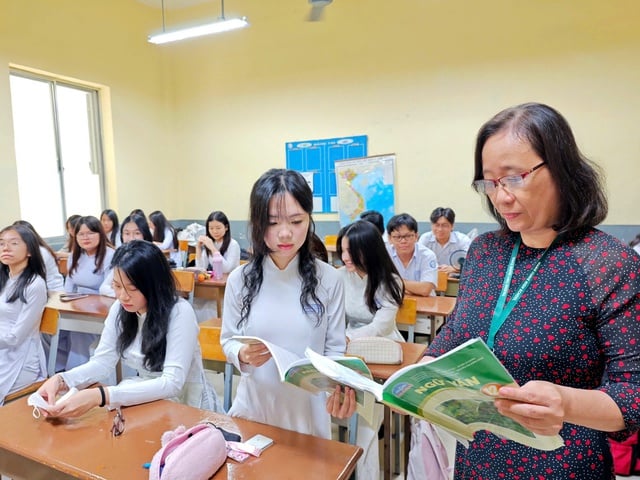
Having multiple sets of textbooks helps break the link between studying for exams and giving teachers the opportunity to stick to the curriculum instead of relying on books.
PHOTO: D.N.THACH
Therefore, having many sets of books helps break the link between studying only for exams, creating opportunities for teachers to follow the curriculum framework of the Ministry of Education instead of relying on books.
Some other benefits of using multiple textbooks are that teachers can learn and apply many new pedagogical methods, as well as create conditions to reduce the cost of books, while helping the supply process become smoother, ADB emphasized.
A UK government report points out that having multiple sets of books is more advantageous than having just one, simply because it is almost impossible for a single set of books to meet the needs of all areas of the country. Because a book suitable for an urban school is unlikely to meet the needs of a classroom in a remote area, where many teachers are less qualified and facilities are also somewhat modest.
"In addition, there is evidence that schools will be more committed and accountable to the textbooks they choose. And in a multi-choice, pressure-filled environment, publishers are forced to improve the quality of books to meet the standards set by their competitors, while also competing actively on price," the report emphasized.
Regarding the effectiveness of applying the "one program - many textbooks" policy in Vietnam, after interviewing relevant parties including teachers, school leaders, students, parents and policy makers, author Nguyen Thanh Tam (Vietnam Institute of Educational Sciences) and his colleagues announced their conclusions in January. According to this study, the policy of many textbooks helps reduce the burden on the budget to allocate resources to many other essential areas; makes the educational program richer, enhances the teaching and learning experience; and gives teachers more autonomy in choosing and using learning materials.
Ngoc Long
Source: https://thanhnien.vn/binh-dang-tat-ca-sach-giao-khoa-duoc-phe-duyet-185250818215255941.htm



![[Photo] Prime Minister Pham Minh Chinh chairs the conference to review the 2024-2025 school year and deploy tasks for the 2025-2026 school year.](https://vstatic.vietnam.vn/vietnam/resource/IMAGE/2025/8/22/2ca5ed79ce6a46a1ac7706a42cefafae)

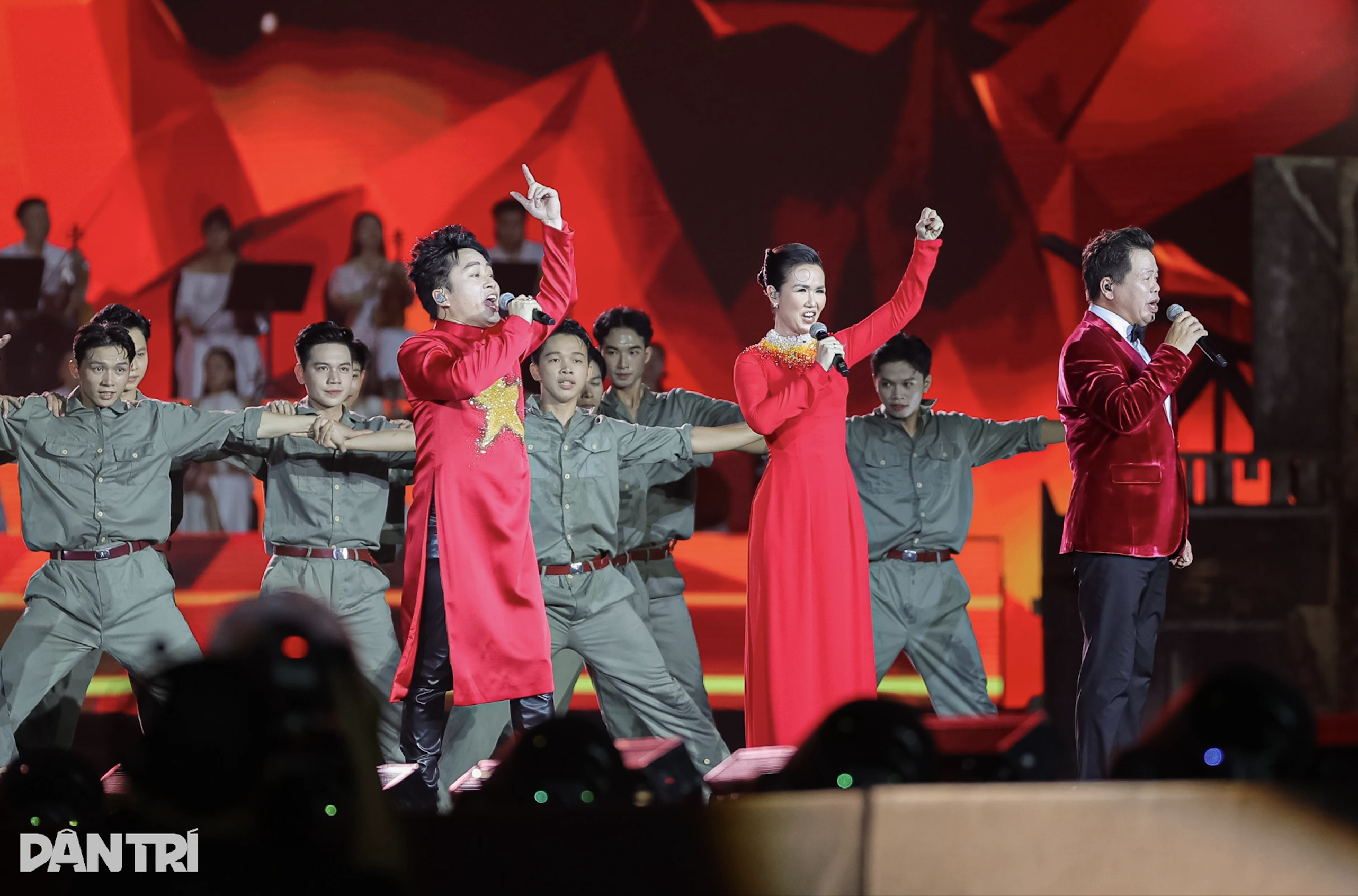
![[Photo] President Luong Cuong receives delegation of the Youth Committee of the Liberal Democratic Party of Japan](https://vstatic.vietnam.vn/vietnam/resource/IMAGE/2025/8/22/2632d7f5cf4f4a8e90ce5f5e1989194a)





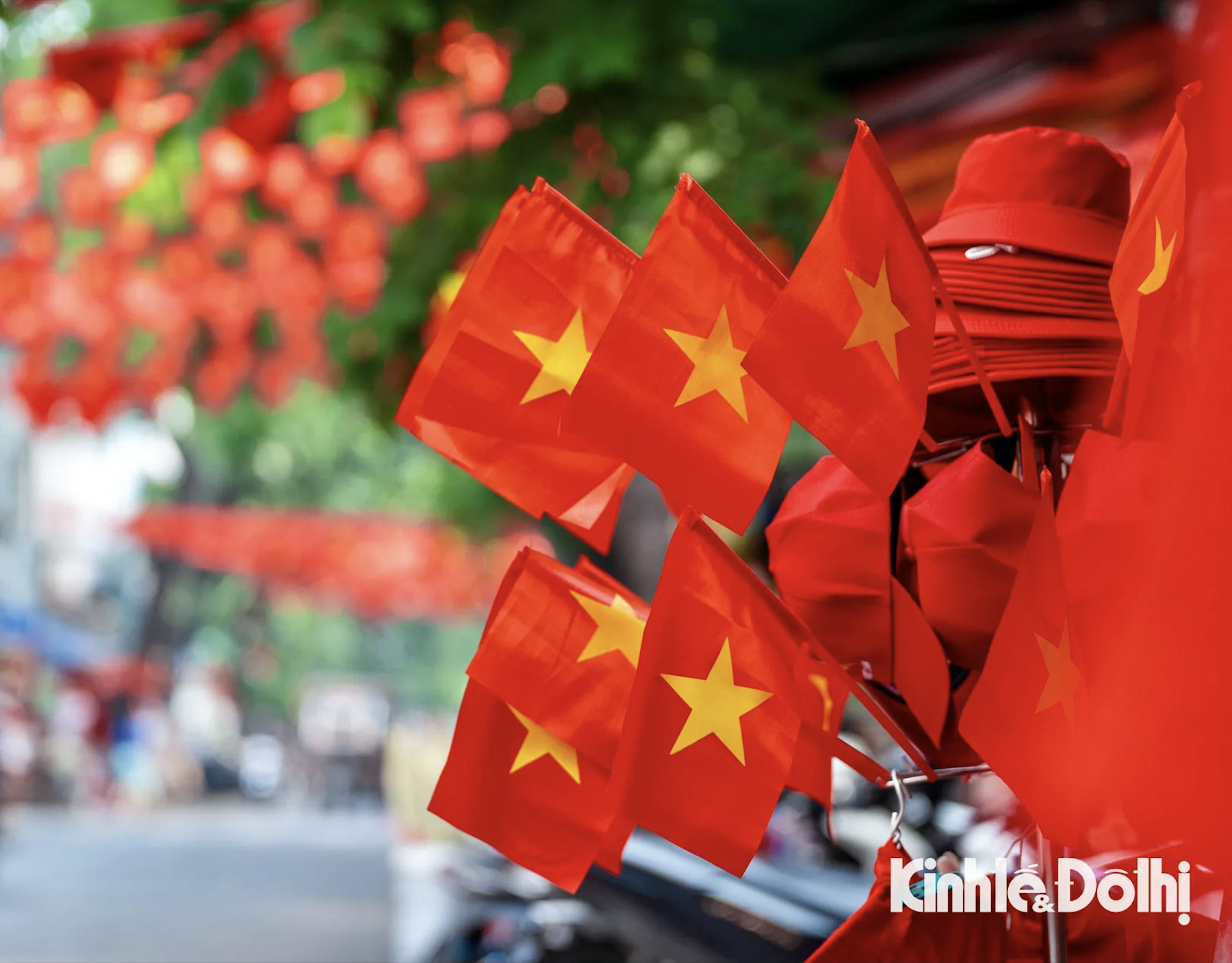









































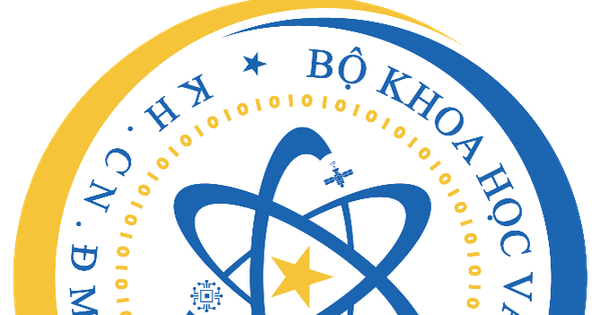


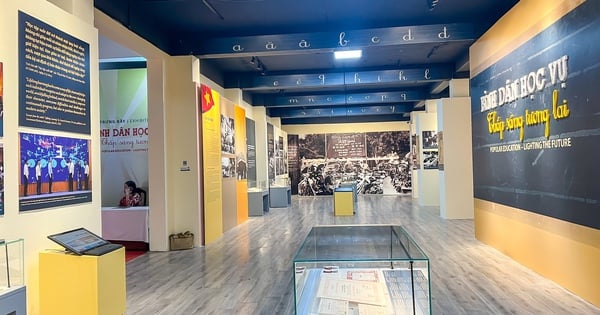
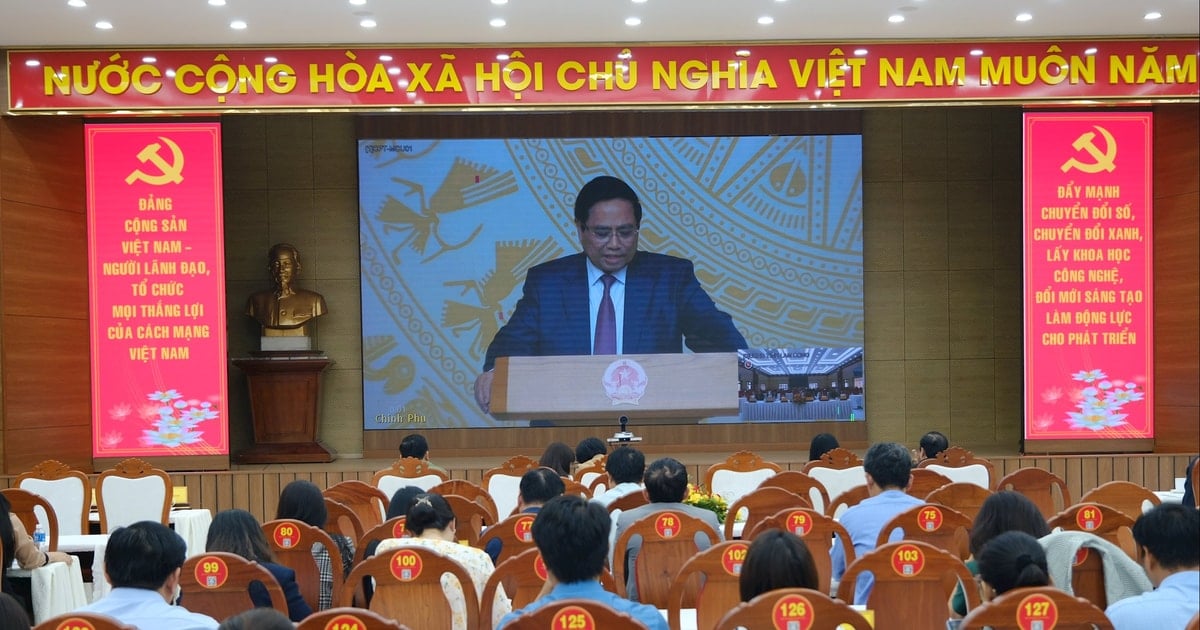

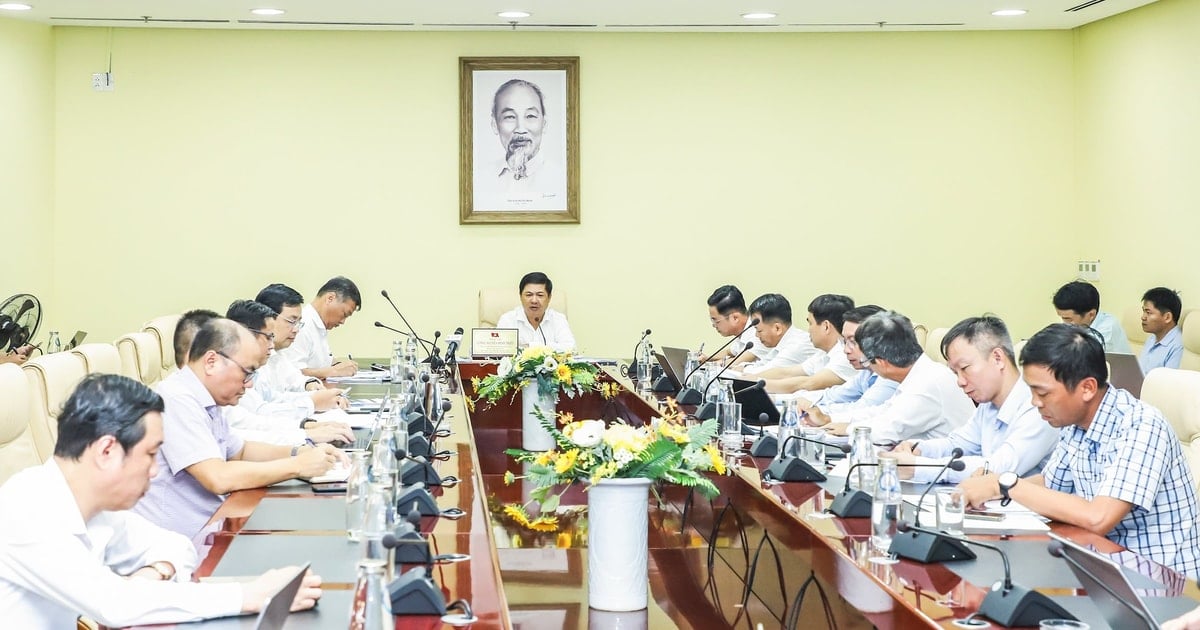

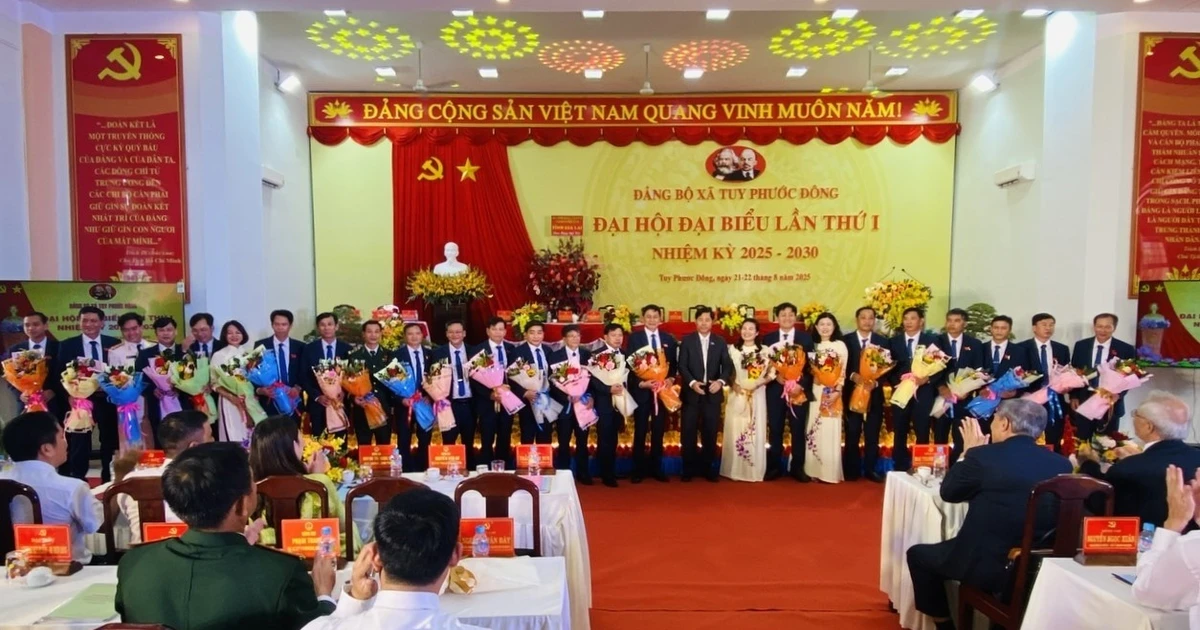

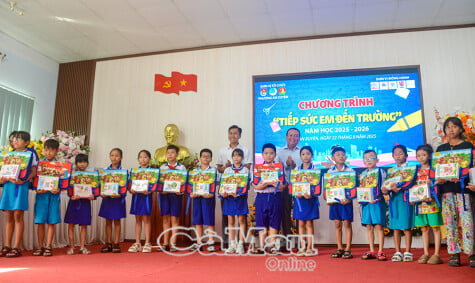

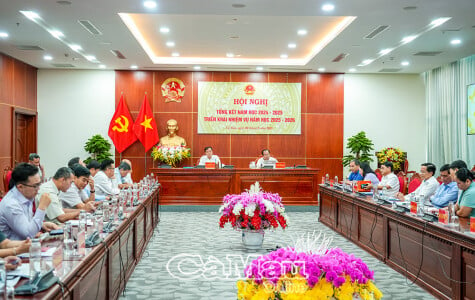
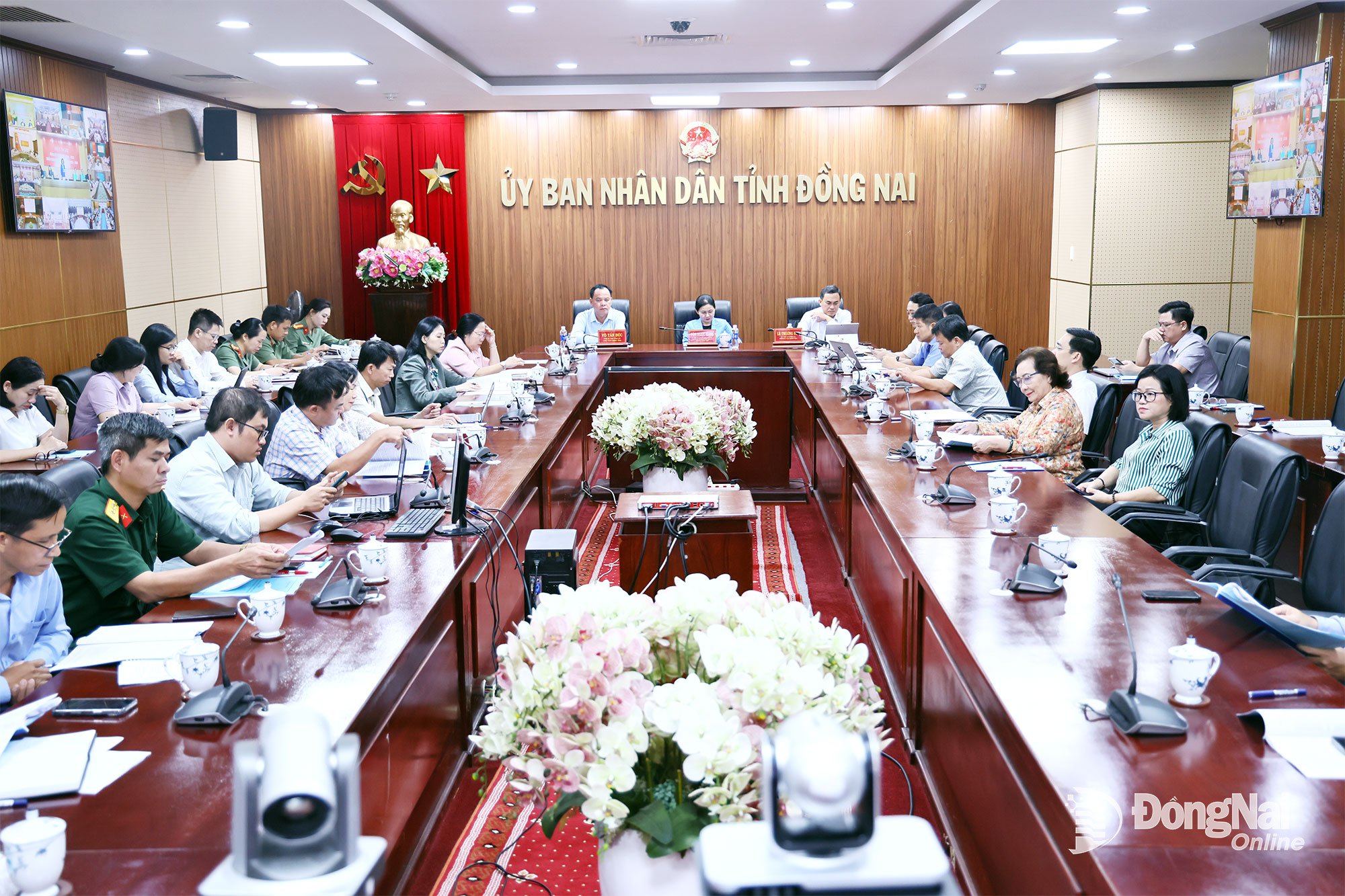















Comment (0)